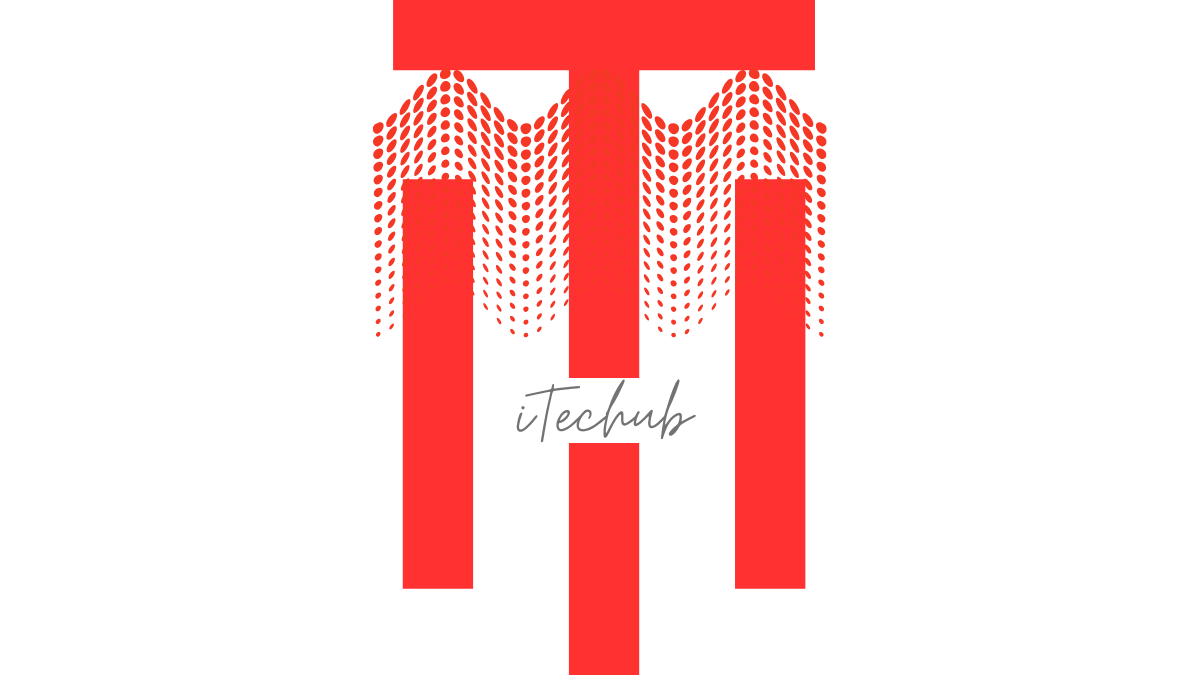
In an era where artificial intelligence (AI) is increasingly shaping advertising campaigns, tech giant Google found itself in a cheesy predicament this week. The company issued a correction after its AI-generated Super Bowl commercial mistakenly included inaccurate information about Gouda cheese, sparking both amusement and concern about the reliability of AI-driven content.
The Error in Question
The now-viral ad, part of Google’s high-profile Super Bowl campaign, aimed to showcase the capabilities of its latest AI tools. During a segment highlighting the AI’s ability to generate “fun facts,” the ad claimed that “Gouda cheese accounts for 60% of the Netherlands’ GDP”—a statistic that raised eyebrows among viewers, particularly cheese enthusiasts and Dutch economists.
The figure was quickly debunked. According to the Dutch Dairy Association, Gouda cheese contributes approximately €2.5 billion ($2.7 billion) annually to the Dutch economy, accounting for closer to 0.3% of the country’s GDP—a far cry from the AI’s inflated claim.
Google’s Response
Within hours of the ad airing, social media users began flagging the error. Google promptly acknowledged the mistake, attributing it to a “training data discrepancy” in its AI model. In a statement, the company said:
“While we rigorously test our AI systems, this incident underscores the complexities of ensuring 100% accuracy in generative AI outputs. We’ve corrected the error across all platforms and are implementing additional safeguards to prevent similar issues in future campaigns.”
The ad was edited to remove the incorrect statistic, with a revised version replacing the claim with a verified fact about Gouda’s historical origins.
Behind the Blunder: How AI Missteps Happen
This incident highlights a critical challenge in AI development: contextual understanding. While AI models like Google’s can process vast datasets, they lack human-like reasoning to verify absurd-sounding claims. Experts speculate the error may have originated from:
- Misinterpreted Data: The AI potentially conflated Gouda’s cultural significance with economic data.
- Satirical Sources: The model might have ingested parody content or exaggerated claims from unvetted websites.
- Overfitting: The system could have disproportionately weighted outlier data to make its output more “surprising.”
Dr. Elena Torres, a machine learning ethics researcher at MIT, noted:
“AI doesn’t ‘know’ what’s plausible—it predicts based on patterns. A claim that seems outrageous to humans might align with skewed patterns in its training data.”
The Broader Implications for AI in Advertising
Google’s Gouda gaffe has reignited debates about the role of AI in content creation:
- Trust Concerns: A 2023 Pew Research study found that 58% of consumers distrust AI-generated ads, citing fears of misinformation.
- Regulatory Scrutiny: The EU’s AI Act and proposed U.S. legislation now emphasize stricter accuracy requirements for AI in marketing.
- Creative Risks: While AI can generate innovative ideas, human oversight remains crucial for fact-checking and cultural nuance.
Lessons for Marketers
- Human-in-the-Loop Systems: Always pair AI output with expert verification.
- Transparency: Clearly disclose AI involvement in content creation.
- Error Protocols: Establish rapid response plans for AI-generated errors.
The Silver Lining
Ironically, the blunder boosted the ad’s visibility. Searches for “Gouda cheese GDP” spiked by 12,000% post-Super Bowl, according to Google Trends. The Netherlands’ tourism board even jokingly tweeted: “Our actual GDP is 0.3% Gouda, 99.7% windmills, bicycles, and good vibes.”
Looking Ahead
Google confirmed it will use this incident to improve its AI’s fact-checking algorithms. Meanwhile, the ad industry is taking note—several agencies have announced new “AI accuracy audits” for high-stakes campaigns.
As AI continues to revolutionize advertising, the Gouda incident serves as a timely reminder: even the smartest algorithms still need a sprinkle of human wisdom.
